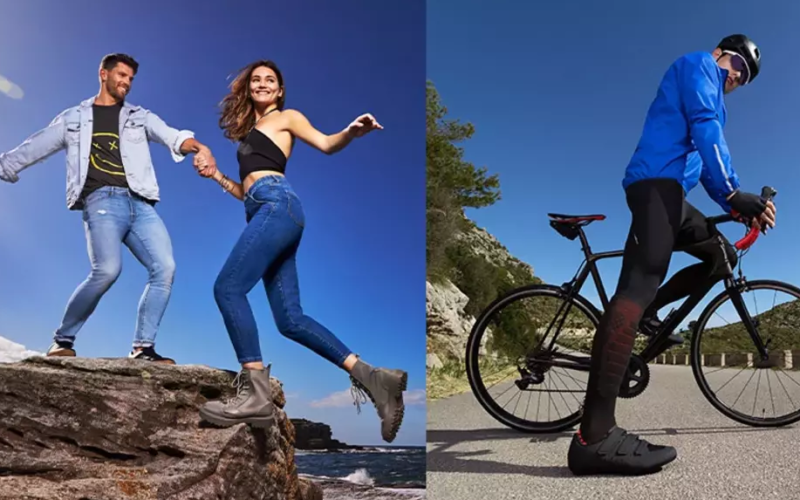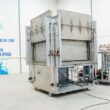The LYCRA Company, a leading innovator in sustainable fiber and technology solutions for the apparel and personal care industries, has received approval from the Science Based Targets initiative (SBTi) for its near-term science-based emissions reduction targets.
The SBTi has confirmed that the company’s targets for Scope 1 and 2 greenhouse gas (GHG) emissions are consistent with a 1.5-degree Celsius pathway, as recommended by the Paris Agreement. The LYCRA Company aims to cut its absolute Scope 1 and 2 GHG emissions by 50% by 2030, compared to 2021 levels, and to reduce its absolute Scope 3 GHG emissions from purchased goods and services by 25% within the same period.
Robert Johnston, executive vice president of operations at The LYCRA Company said, “This has been a two-year effort to identify and select the best options for our business and create a road map for carbon reduction. That plan includes changes to our processes, products, and key ingredients, as well as securing buy-in from internal and external stakeholders.”
To achieve reductions in Scope 1 emissions, The LYCRA Company is transitioning to lower-impact energy sources at its production sites, with the Maydown site in Northern Ireland set to switch to cleaner fuels by early 2025. Scope 2 emissions are being addressed by converting purchased electricity to renewable sources through Energy Attribute Certificates, a process already completed at sites in Foshan, China, and Maydown, with more sites planned for conversion.
In tackling Scope 3 emissions, The LYCRA Company is collaborating with suppliers to use lower-impact inputs, such as its partnership with Qore® to develop and commercialise bio-derived LYCRA® fiber. This initiative will see nearly 30% of the company’s current spandex capacity converted to bio-derived LYCRA® fiber in the coming years.
“We are committed to making positive change in our industry and have set ambitious emission targets because we believe it’s essential for business success, but more importantly, it’s the right thing to do. By making these changes, we can help reduce not only our emissions but those of our customers as well,” said Gary Smith, The LYCRA Company’s CEO.





















